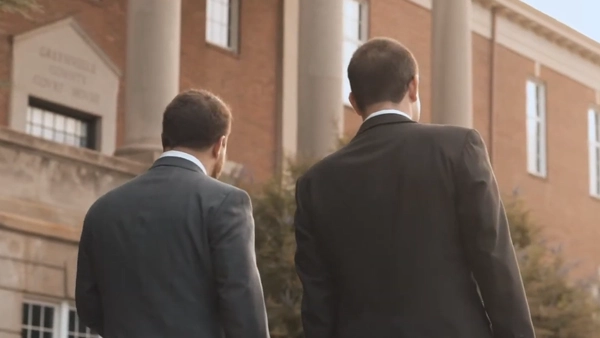A common misperception in our culture is that individuals become attorneys simply to make money. As a result, some individuals shy away from seeking legal assistance with their personal injury claim or other legal question for fear that the lawyer will charge an unreasonably high fee for a little amount of work. While certainly there are some attorneys who command large fees, this is often the exception, not the rule. Notwithstanding this fact, attorneys are entitled to be compensated for their work. So how are they compensated? It depends.
Attorneys Are Generally Prohibited from Charging Unreasonable Fees
Like other professionals, attorneys are subject to certain rules that govern their conduct. One such rule touches upon the amount of fees that an attorney can charge for his or her services. While an attorney with extensive history and a stellar reputation can charge more than a newly-minted attorney fresh out of law school with little legal experience, neither attorney can charge a fee that is unjustifiable and unreasonable under the circumstances. A court that is called to examine an attorney’s fee will look not only at the attorney’s credentials and experience, but also what other similarly-situated attorneys in the area are charging for similar services.
But How are Attorneys Paid in a Lawsuit?
Just as attorneys can be paid differing amounts for their services, so too can attorneys agree to different payment arrangements with their clients. The key is disclosure: the client is entitled to know what the attorney will be charging for, the amount the attorney is charging, and the terms of payment under the agreement. Some of the more popular payment arrangements include:
- Lump sum fee: This is most common in criminal defense cases and other disputes where the client needs to be able to determine its specific amount of legal costs and where the attorney can reasonably predict the amount of effort necessary to resolve the case. The attorney charges a single fee to handle the entire dispute – such as $300 to represent a client in a simple divorce.
- Hourly fee: This is most common in larger lawsuits and criminal defense lawsuits and business disputes. The lawyer bills the client a set rate in a certain fraction of an hour (i.e., for every 15 minutes or part thereof that the lawyer works on the client’s case, the lawyer bills the client $50). These arrangements may include a retainer, which is a lump sum deposited with the attorney and held in trust during the pendency of the case. The attorney then draws from this retainer as he or she works on the client’s case.
- Contingency fee: In a contingency fee basis, the lawyer and client agree that the lawyer will receive a certain percentage of any recovery the lawyer obtains on the client’s behalf. For example, a contingency-fee arrangement may provide that the lawyer receives one-third (1/3) or thirty three and one-third percent (33.3%) of whatever amount he or she can recover. A contingency fee arrangement is the most common payment arrangement in personal injury cases, because it allows an injured person access to legal representation that he might otherwise be unable to afford. If the lawyer is unable to recover compensation, then the injury victim does not owe the lawyer any fees (but the victim may still be responsible for certain costs like the costs of copying documents or serving documents on parties).
Discuss Payment With Your Attorney
It is important that you read and thoroughly discuss with your attorney the terms by which your attorney is to be paid. If you or a loved one have been injured in a Greenville personal injury accident or elsewhere in South Carolina, contact David R. Price, Jr., P.A. at (864) 271-2636 and schedule a free consultation with one of our experienced South Carolina personal injury lawyers today.







